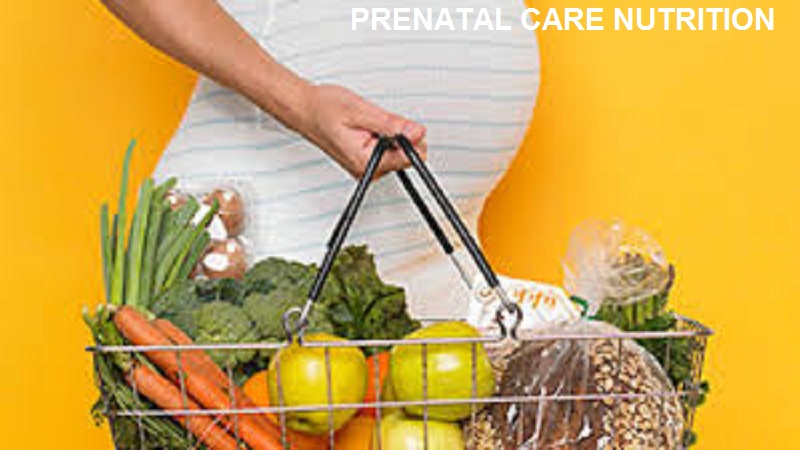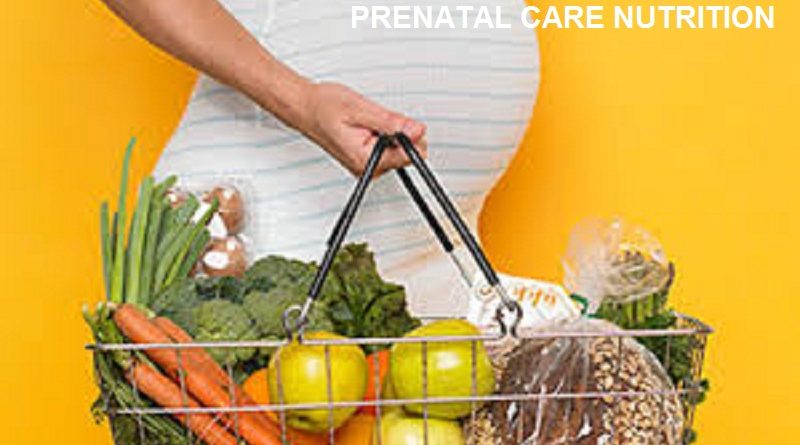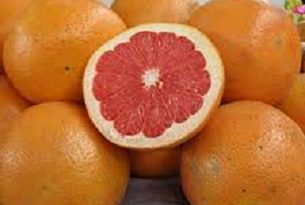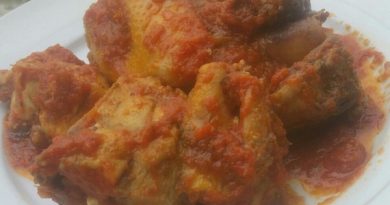Prenatal Care Nutrition in Nigeria: Food Do’s & Don’ts
Prenatal Care Nutrition is vital to make sure that mummy and baby are optimally nourished in the 40 weeks of pregnancy.
Prenatal nutrition ensures that pre-pregnancy weight gain is kept within the recommended range of 25 to 35 lbs for a singleton.
With a whole new life growing on the inside of a mum, nutrition choice can no longer be carefree, or thoughtless.
Prenatal Care Nutrition-Eat For One, Nourish For Two
Eating healthy is a habit that should be picked up whether pregnant or not.
However, if there is any time in a woman’s life when she should indeed watch both food quality and quantity, it is when she is expecting.
It is important to say that while pregnant, you should eat for one, with an extra 300 calories per day.
Make food choices that nourish for two especially as you approach the second half and third trimester.
We compiled a list of foods (in no particular order) that should and should not be eaten when pregnant.
Pregnancy Nutrition: Foods to Eat
- Eggs – are adaptable and a good source of protein that make available amino acids you and your baby need.
They contain more than a dozen vitamins and minerals, including choline, which is good for your baby’s brain development.
And more, they are cheap, available, and easy to make. Can’t ask for more! However, be sure not to eat under cooked or raw eggs.
- Salmon
Helps increase the level of omega-3 fats in your body.
Omega-3 fatty acid helps with the development of your baby’s brain and eyes, and salmon is a great source.
Besides, it is rich in high-quality protein and B vitamins and is also moderately low in mercury.
- Beans (Source of Fiber)
During pregnancy, your intestinal tract slows down and thus may result in constipation or hemorrhoids.
To avoid this, you should consume tons of fiber. Add black beans, white beans, pinto beans, lentils, black-eyed peas, garbanzo, or soybeans to your diet.
Try them in chili and soups, salads, and pasta dishes.
Besides providing protein and fiber, they are also great sources of iron, folate, calcium, and zinc.
- Greek Yogurt – Calcium and Protein Providers
Yogurt, especially Greek yogurt, is particularly beneficial for pregnant women.
It contains more calcium than most other dairy products. Some varieties also contain probiotic bacteria, which support digestive health
Dress it up with fruit or crunchy, whole-grain cereal.
- Colorful Fruits and Vegetables
Eating different fruits and vegetables of various colors maintains a balanced diet.
Fruits and veggies ensure that you get a variety of nutrients beneficial for you and your baby.
Blueberries, raspberries, and blackberries are delicious snacks and they contain vitamin C, Potassium, folate, and fiber.
- Whole Grains
Whole-grain bread and cereals are fortified with iron and folic acid and have more fiber than white bread and rice.
Include whole grains into your prenatal diet. Oatmeal for breakfast, a sandwich on whole-grain bread at lunch, and whole-wheat pasta or brown rice for dinner.
Nutrition for Pregnant Women- Foods to Avoid
- Sushi – contains illness-inducing parasites
Don’t eat chilled seafood such as raw oysters, sashimi and sushi.
Smoked ready-to-eat seafood and cooked ready-to-eat prawns also have a higher risk of listeria contamination.
The safest way to enjoy sushi is to choose fully cooked or vegetarian varieties.
- Unpasteurized Milk, Cheese, and Fruit Juice
Pregnant women should not consume unpasteurized milk, cheese or fruit juice, as these foods may contain listeria which is harmful to the baby.
- Alcohol
It is an absolute no-no during pregnancy. Alcohol consumption is NOT safe.
Alcohol deprives the cells of nutrients and oxygen thus hindering normal development.
It has permanent devastating effects on intellectual abilities and physical growth.
- Under cooked, Raw and Processed Meat
Eating under cooked or raw meat increases your risk of infection from several bacteria or parasites, including Toxoplasma, E. coli, Listeria and Salmonella
As a general rule, meat should be cooked all the way through.
- Caffeine
Caffeine is the most commonly used psychoactive substance in the world and mainly found in coffee, tea, soft drinks, and cocoa.
High caffeine intake during pregnancy can limit fetal growth and cause low birth weight.
Pregnant women are generally advised to limit their caffeine intake to less than 200 mg per day, or about 2–3 cups of coffee.
- Unwashed Produce
Fruits and vegetables are safe, and a necessary part of a balanced diet. However, it is essential to make sure that you wash them to avoid potential exposure to toxoplasmosis.
- Some types of fish
Fish contains protein and essential omega-3 fatty acid so is good in pregnancy. But you should choose fish with low levels of mercury.
Make smart choices about the fish you eat. Swordfish, tilefish, king mackerel, and shark contain high levels of methyl mercury.
This metal can be harmful to your baby. So choose fish that are low in mercury: catfish, salmon, cod, you can safely eat up to 12 ounces of seafood a week.




